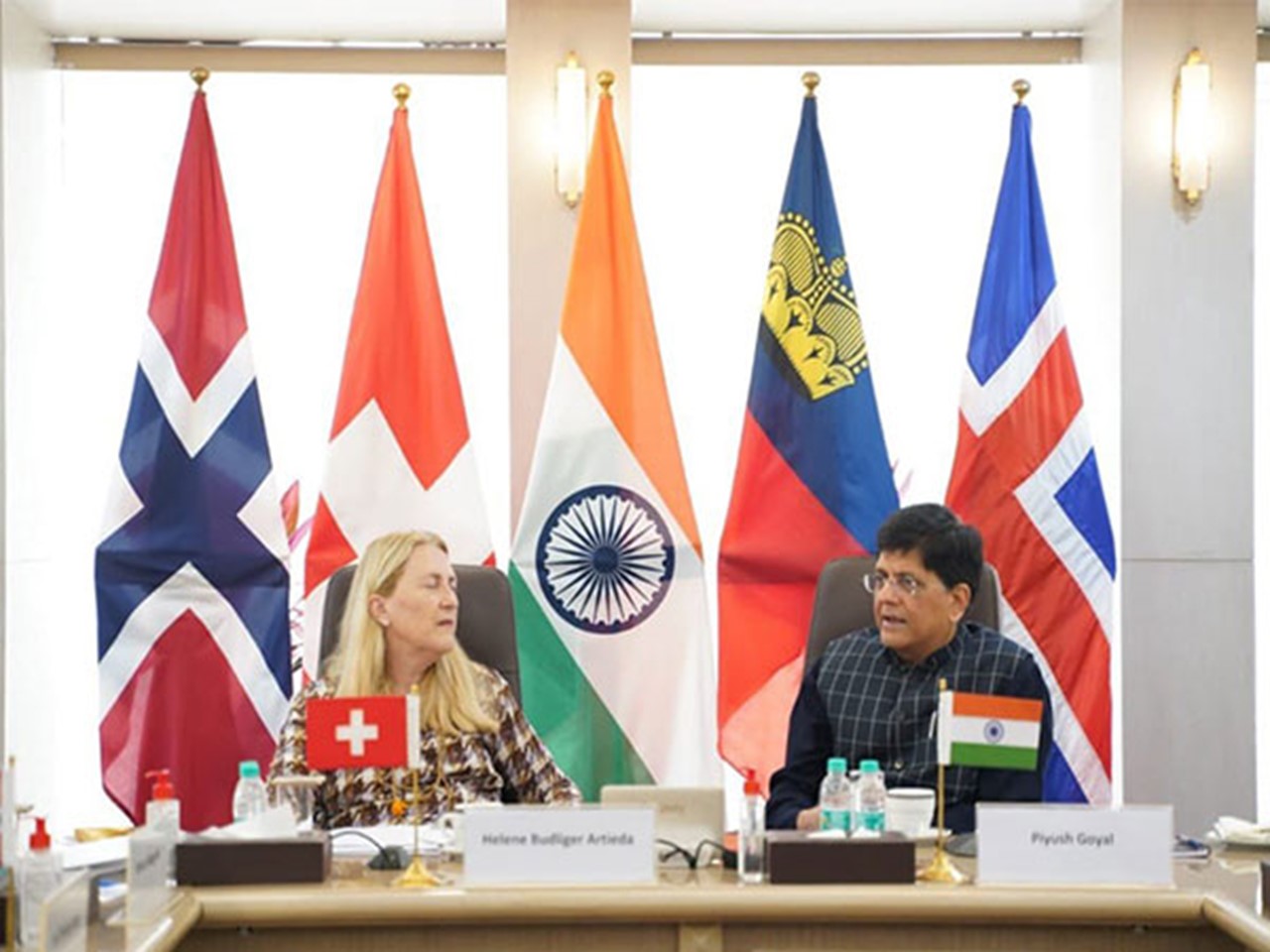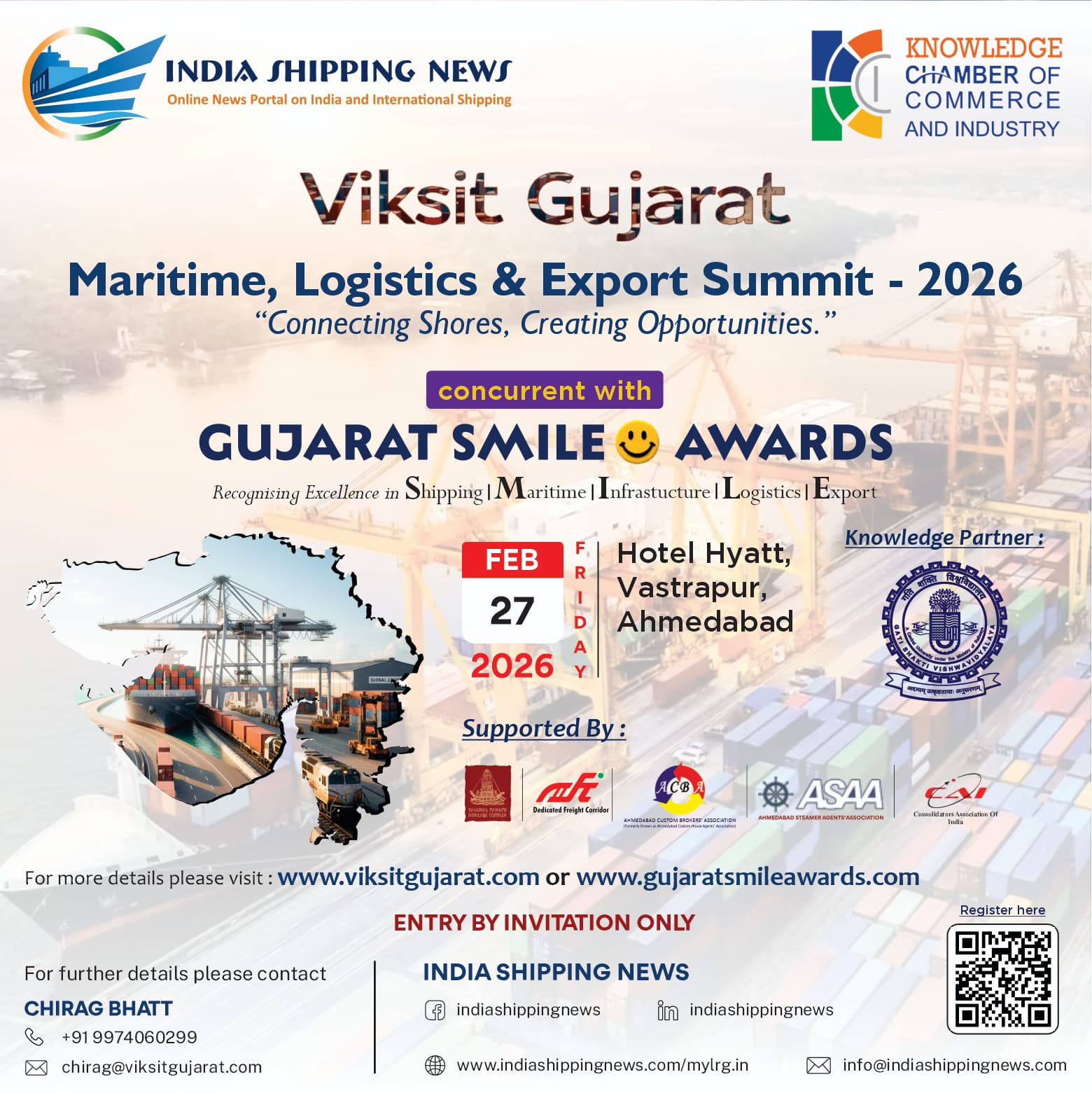
‘Tough negotiator’: Swiss official on India after trade deal with European bloc
NEW DELHI : The landmark trade agreement between India and the European Free Trade Association (EFTA) stands as a testament to India’s strategic negotiation prowess, highlighted by its adept handling of sensitive geopolitical issues, including Kashmir, and securing significant economic commitments with robust conditional frameworks, Swiss State Secretary for Economic Affairs, Ms. Helena Budliger Artiega, told.
A TESTAMENT TO ENDURANCE AND STRATEGY
Reflecting on the protracted negotiations, Ms. Helena Budliger Artiega, emphasised the sustained effort and strategic patience required to reach the free trade agreement.
“It was a marathon, not a sprint. With, I think, hard dedication, with the fact that we really intensified our discussions…we knew that we’re only going to see success if it’s a balanced deal, if it’s a fair and equitable deal, and if we don’t touch each other’s sensitivities,” she told.
Switzerland’s commitment to invest $100 billion in India over the next 15 years, with an associated goal of creating 1 million jobs, underscores the agreement’s economic significance. Helena Budliger detailed the conditional aspect of this commitment.
“We’re getting access for our goods, but at the same time, we’re pledging this 100 billion FDI within 15 years and 1 million jobs… Should we not meet the goals? Because that’s the other thing,” she added.
Helena Budliger further said that India has “very tough negotiators”, saying they declined giving hard access to the country’s market. “Lower tariffs, and then…you’ll have access to our market, and you just sign an MOU. It really needs to. And we said, yes, we understand and we’re fully committed.”
SAFEGUARDIANG AFFORDABLE HEALTHCARE: PHARMA AND IPR IN THE INDIA-EFTA AGREEMENT
In the realm of pharmaceuticals and intellectual property rights (IPR), the India-EFTA agreement treads carefully, ensuring that the new stipulations do not escalate the cost of drugs in India.
Helena Budliger clarified this aspect, emphasising the alignment with existing World Trade Organisation (WTO) agreements.
“So, there I have to be really clear. We have reached an IPR chapter which is really in accordance with what India has agreed upon in the framework of WTO. So we didn’t do a TRIPS plus or plus, plus text.”
She further alleviated concerns about the potential increase in drug prices, stating, “India is a tough negotiator. They would not just believe me if I gave them a text. And secondly, they have not gone further than what they already have agreed under the TRIPS agreement.”
This assurance is pivotal, indicating that the agreement meticulously avoids impacting the affordability and accessibility of pharmaceutical products in India, a significant concern for a country that prides itself on being the ‘pharmacy of the world.’

